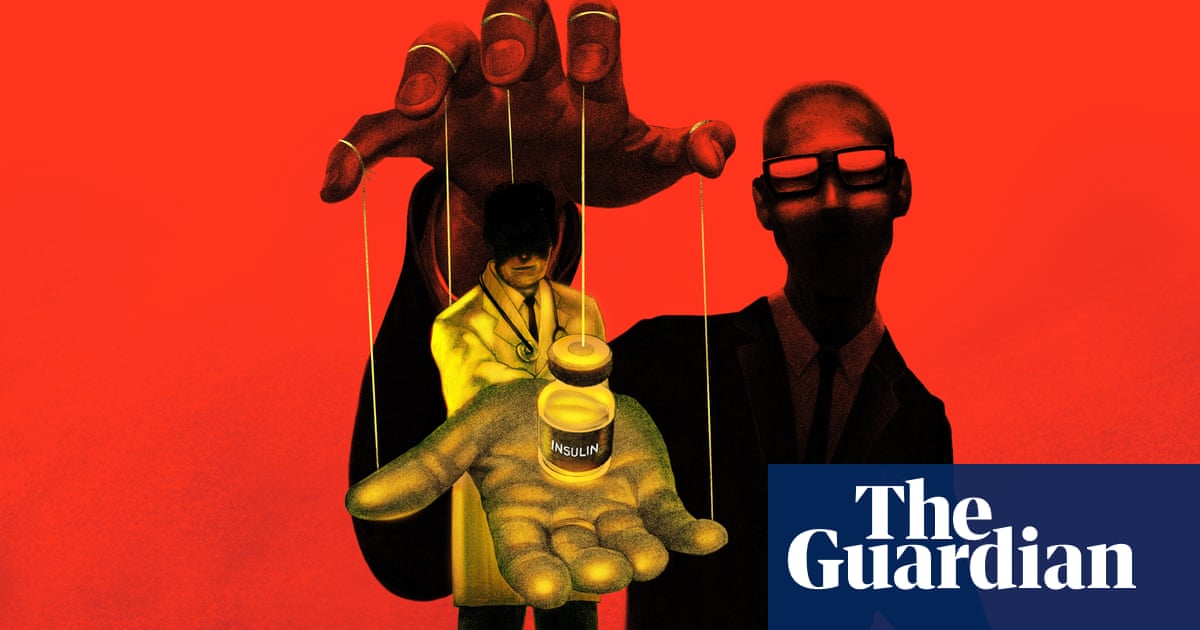As they note in the article very briefly, it’s far easier to get people to adhere to medication protocols than it is to get them to change their diet. When I was (briefly) working as a personal trainer, getting people into the gym to work out regularly was already hard. Getting them to track what they put in their mouth every day was goddamn near impossible. People would pay $100/hr for someone to coach them through movement three times a week for a year, but wouldn’t keep a journal of what they were eating. And when I say that they wouldn’t track what they were eating, I mean that I couldn’t even get a single client–clients that all claimed they deeply wanted to lose weight and be healthy–to do something as simple as taking a photo of every single thing they ate or drank during a day.
People have an emotional connection to food, and being told things like, “hey, all this stuff that you really love, that you eat with your family and friends? you can’t ever have that again” is harder for people to accept than “you need to give yourself a $50 injection twice a day”.
Oh, and yeah, eating a healthy, truly low carb diet is expensive and difficult–most inexpensive sources of proteins are also high in carbs–but likely still less expensive than insulin.
This is the best summary I could come up with:
It is also ruinously expensive, as doctors visits, hospital stays, insulin, blood test strips, leg amputations, continuous glucose monitors and numerous glucose-lowering drugs add up to about $400bn a year.
“The ingenious author of the work now before us,” a 1797 article in the Edinburgh review Annals of Medicine said, “recommends a mode of treatment, which in some cases, has been decidedly productive of remarkable benefit.”
As I previously wrote about in the Guardian, I was diagnosed with type 2 diabetes three years ago and prescribed insulin shots and metformin, but was able to get off all medication by adhering to a strict low-carbohydrate diet.
Or why the ADA’s huge educational campaigns soft-pedaled the diet, and preferred to let millions of people with type 2 diabetes take numerous medications or shoot themselves up with insulin instead.
“The reality is that if you want to treat type 2 diabetes effectively, the first thing you have to do is throw out the ADA’s dietary guidelines,” Sami Inkinen told me.
The losers are the millions of people with diabetes who suffer amputations, blindness, neuropathy, often daily shoot themselves with insulin and eat carbohydrate-rich foods because they simply are not informed about their healthier options.
The original article contains 1,981 words, the summary contains 201 words. Saved 90%. I’m a bot and I’m open source!
Because it’s cheaper! Oh, no, wait. The other way around.


